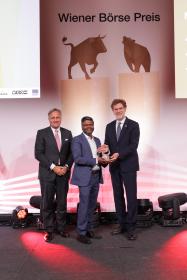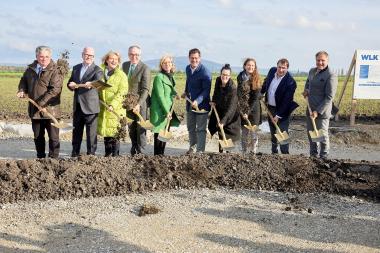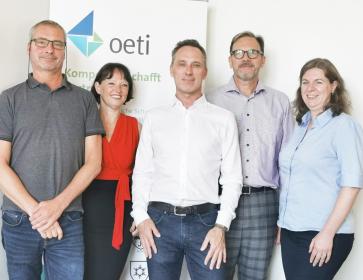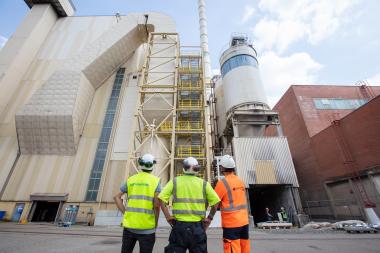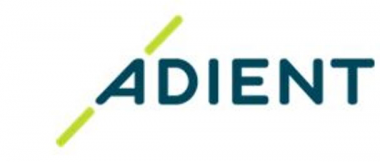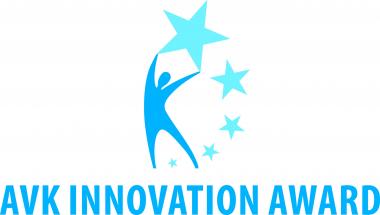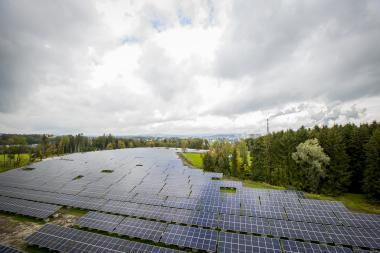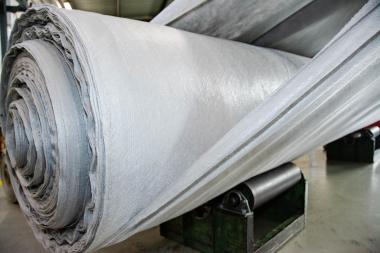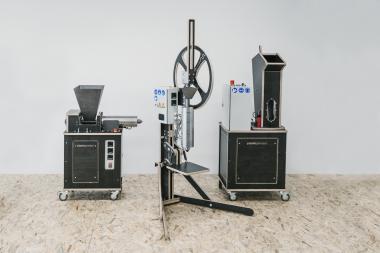Lenzing honoured with Vienna Stock Exchange Sustainability Award
The Lenzing Group once again received the Austrian sustainability award for top listed companies, the Vienna Stock Exchange VÖNIX Sustainability Award. Lenzing takes the first place in the ‘Industrials’ category. The award honours those companies that stand out on the capital market with their sustainability performance. According to the VBV (Austrian Sustainability Index), which is the sustainability benchmark of the Austrian stock market, the Lenzing Group achieved the best score in its category.
Other environmental organisations and rating agencies have also already testified to Lenzing's efforts in the area of sustainability and the transformation to a circular economy: For the third year in a row, Lenzing received a place on the annual ‘A list’ in all categories of the global non-profit environmental organisation CDP. This makes Lenzing one of only ten companies worldwide to receive a triple ‘A’ - out of over 21,000 companies assessed. Lenzing was also once again awarded platinum status in the EcoVadis CSR rating. This puts Lenzing in the top one per cent of companies rated by EcoVadis. MSCI awarded Lenzing an ‘AA’ rating for the third time in a row, placing the company among the top eight per cent of rated companies in its peer group.
Lenzing AG


